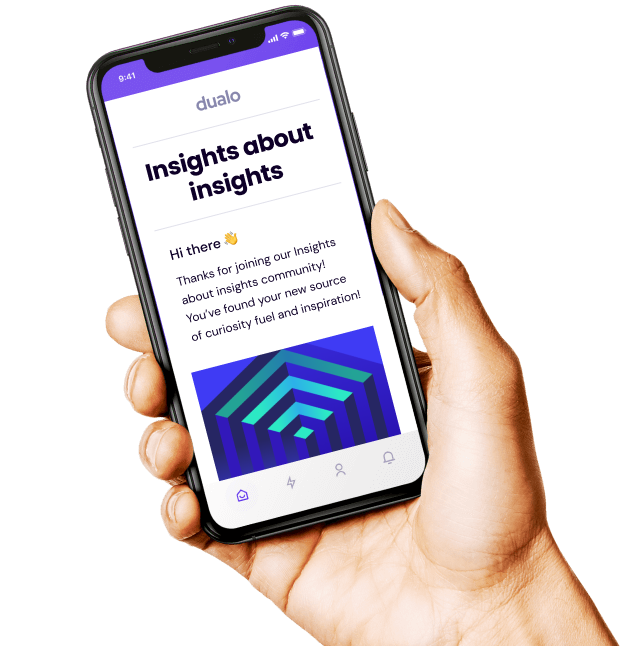Unlocking the exponential power of insights – an interview with Zachary Heinemann
Last month we caught up with Zachary Heinemann, who throughout his fascinating career has held insight leadership roles in companies such as Twitter, Activision Blizzard and Spotify - today he shares his experiences and advice for unlocking the true power of insights within organisations.




.svg)

.jpeg)

.jpeg)
.jpeg)

